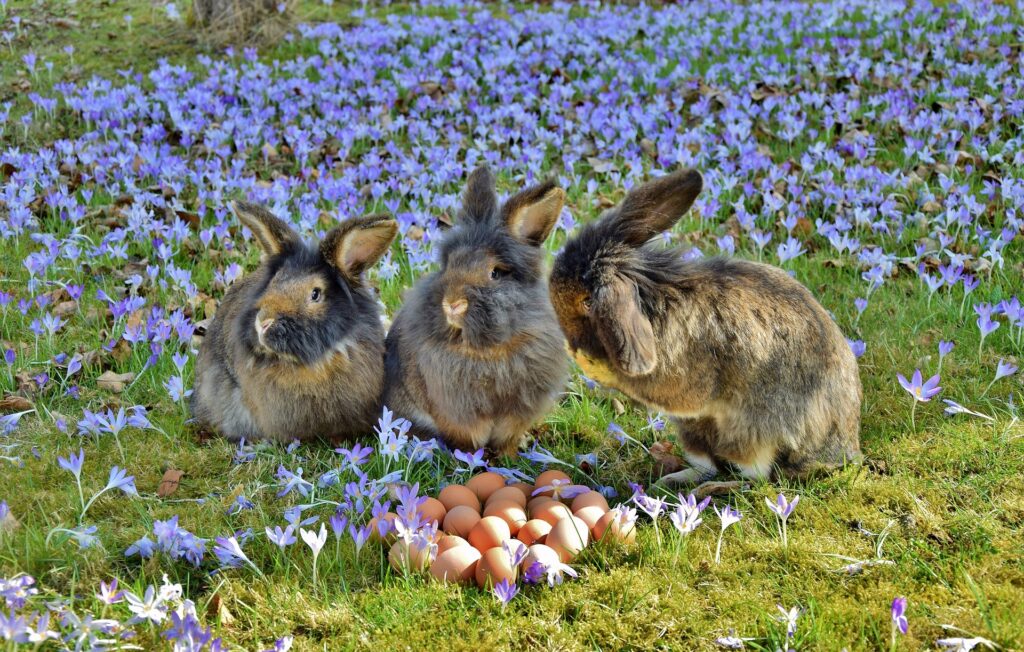Every year, as the Easter weekend approaches, many families give their children a small rabbit as a present. Although the Flemish government has launched several campaigns to remind people that animals are not gifts, too many people impulsively buy these animals, which may end up in one of the already overcrowded animal shelters.
Small rabbits may look cute, but they are not suitable for children. This is what the website huisdierinfo.be, an initiative of the Flemish Animal Welfare Service, says.
“Contrary to popular belief, rabbits are not good pets for children. Most rabbits do not like to be picked up and cuddled. They can scratch and bite, and even break their backs if they struggle when picked up”.
This does not stop people from buying them, although they seem to forget that these little bunnies grow up and become less cuddly. Once children lose interest in them, these animals end up living a miserable existence in a small cages or are dumped in sanctuaries that are already overcrowded.
“Rabbits are often bought in shops, on second-hand websites, on Facebook, at markets and anywhere else,” says an employee at a rabbit shelter outside Antwerp. “People often forget that rabbits and other rodents should not be kept in cages. They need much more space to meet their natural needs”.
It is also important to remember that rabbits are social animals and need companionship. “Rabbits that have to go through life alone are very lonely. So locking them up alone in a small cage is just cruel,” says the shelter worker.
As well as rabbits, chicks are another traditional Easter gift. Again, people often overlook the fact that chicks grow up quickly. If these little fluffy balls grow into chickens, so be it. However, there is a 50 per cent chance that a cute chick will become a noisy rooster.
These animals also end up increasingly in animal shelters, which continue to sound the alarm. Last month, the Flemish farm animal shelter Forrest & Friends announced that it would stop taking in animals because it could no longer accommodate roosters, pigs or other ‘impulse purchases’.
“This is a structural problem”, Dimitri Coppens told Het Nieuwsblad at the time. “As long as there is no government intervention, this problem will continue. We as a society need to take responsibility for this,” he stressed.
Jo Dirix, from an animal shelter in Flemish Brabant, also called for action. “It is good that the Flemish government is giving more money to animal shelters, but this is not a sustainable solution. If this situation of impulse buying continues, twice as many shelters will have to be built,” he concluded.
